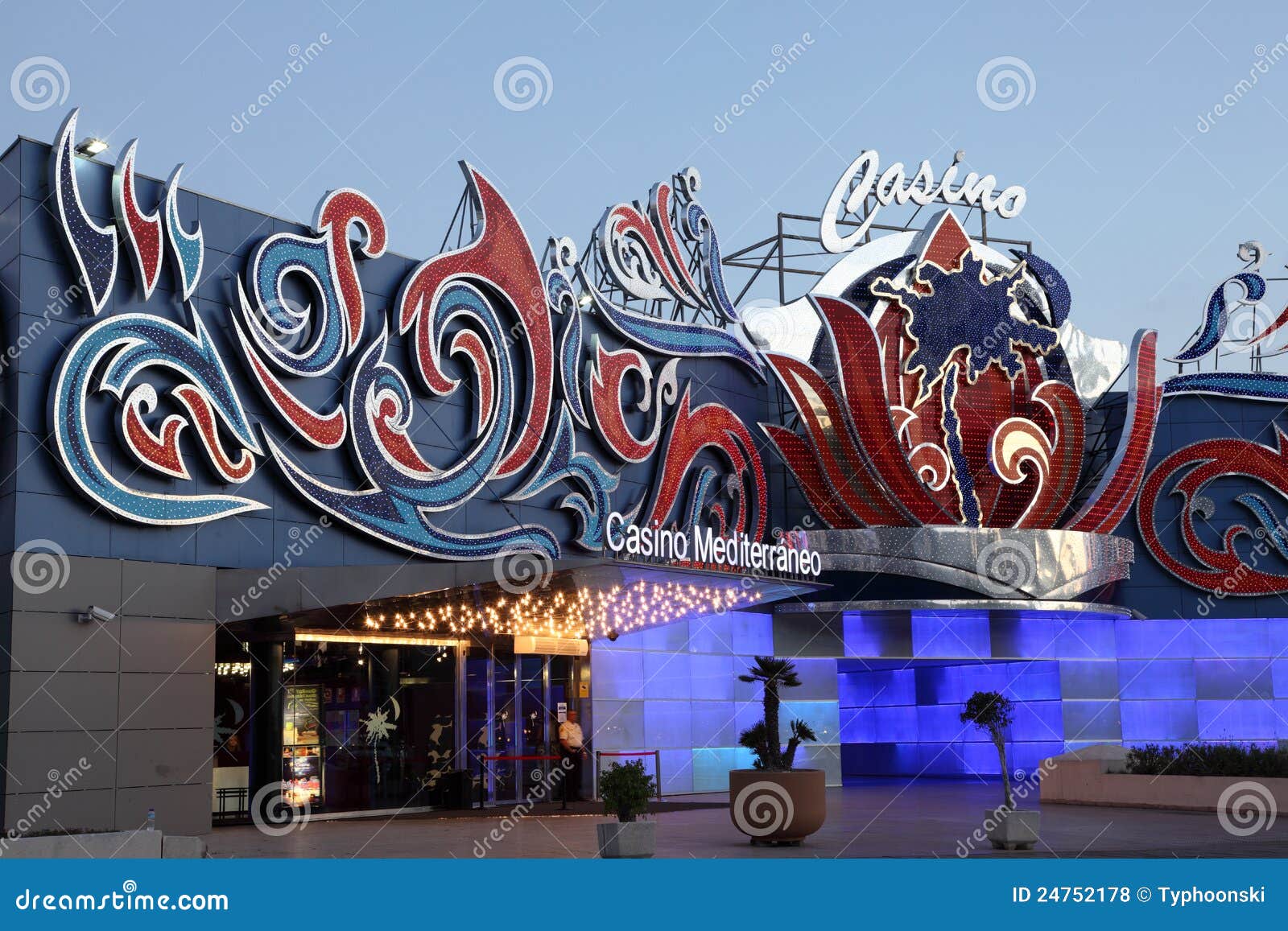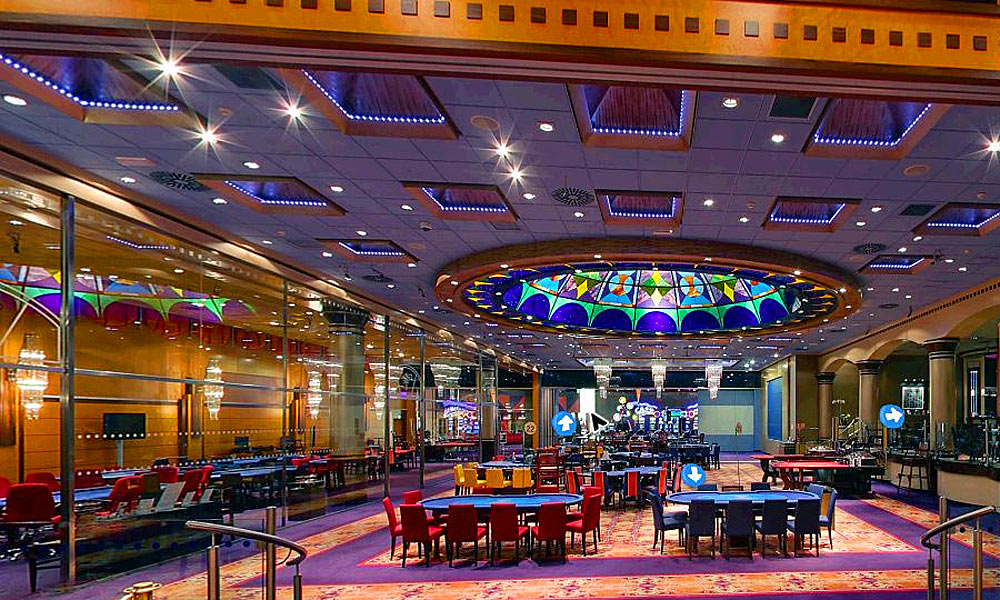They bet on almost anything, including lotteries, football and racing pools, horse racing (illegal betting shops, where punters bet on foreign horse and greyhound racing, are common in resort areas), bingo, slot machines, casinos, and the big jai-alai games in the Basque Country and Madrid. Prizes can be huge running into hundreds of thousands of euros.
The true gambling cities of Spain are Murcia, Madrid, and Barcelona as they individually have the best casinos in Spain. The largest casino in the country is Gran Casino de Barcelona, which offers 219 gaming machines and 53 table games. Barcelona’s rival in everything, Madrid, comes in second with Casino Gran Madrid Torrelodones. Try your luck at some of the best Spain Casinos. Stay & play at one of 205365 casino hotels in Spain and let the games begin. The company must be registered in Spanish Commercial Register. In addition, they must have a permanent representative in Spain. The online casino operator must also provide all the necessary information and documents to the authority. As a rule, most gambling sites accept players aged 18+. Of course, Spanish online casinos are no exception. Cancel free on most hotels. Compare 18 hotels in Casinos using 25 real guest reviews. Earn free nights and get our Price Guarantee - booking has never been easier on Hotels.com!
The most popular form of gambling is the state national lottery ( Lotería Nacional) run in aid of charities and the Catholic Church. Lottery tickets are sold at lottery offices at face value or can be purchased from street vendors (10 per cent commission is added) and through ONCE (the Spanish organisation for the blind) kiosks manned by the blind or those with impaired sight. ONCE sells lottery tickets for a daily draw (Friday’s has the largest prize) and scratch cards (known as Rasca y Gana).
Spain’s and the world’s biggest lottery, ‘the fat one’ ( El Gordo), is held at Christmas and consists of 108 series of 66,000 tickets, each costing €200. Not surprisingly, €200 is too much for most people and tickets are divided into ten shares ( décimos). Many clubs and charities buy a décimo and offer shares (called partcipaciones) for a couple of euros, usually adding a small surcharge. The total amount wagered on El Gordo is over €1.7 billion, some 70 per cent of which is paid in prizes.
‘The fat one’ has its own website (http://www.elgordo.com) and there are several villages in Spain that regularly sell winning tickets for El Gordo, such as the tiny village of Sort (meaning ‘luck’ in Catalan!), in the Pyrenees where coachloads of hopeful lottery ticket buyers flock every autumn!

Tickets are usually sold out long before the draw on the 22nd December, which is televised live (it takes three hours) and traditionally made by the children of the San Ildefonso school in Madrid. Winning numbers are published in newspapers on 23rd December and the list is posted in lottery offices for three months following the draw. Winners must claim their winnings, as they aren’t sent to them automatically (unclaimed winnings go back to the state). If you win a big prize you can take your ticket to a Spanish bank, which gives you a receipt and collects your winnings on your behalf. Lottery prizes are free of all taxes. Spain’s second-largest lottery is called the kid ( El Niño) after the baby Jesus and takes place on 5th January.

Spain has some 20 casinos, and there’s also one in Gibraltar. The most common casino games are American and French roulette, black jack, punto y banca and chemin de fer, plus the ubiquitous slot machines and private gaming rooms. There’s usually an entry fee, and visitors must show their passports (to identify professional gamblers). Most casinos are open from late afternoon until the early hours of the morning, e.g. 5pm until 4 or 5am. Dress code is smart casual (no jeans, sandals or T-shirts).
Are There Casinos In Spain
This article is an extract from Living and Working in Spain.
Click here to get a copy now.